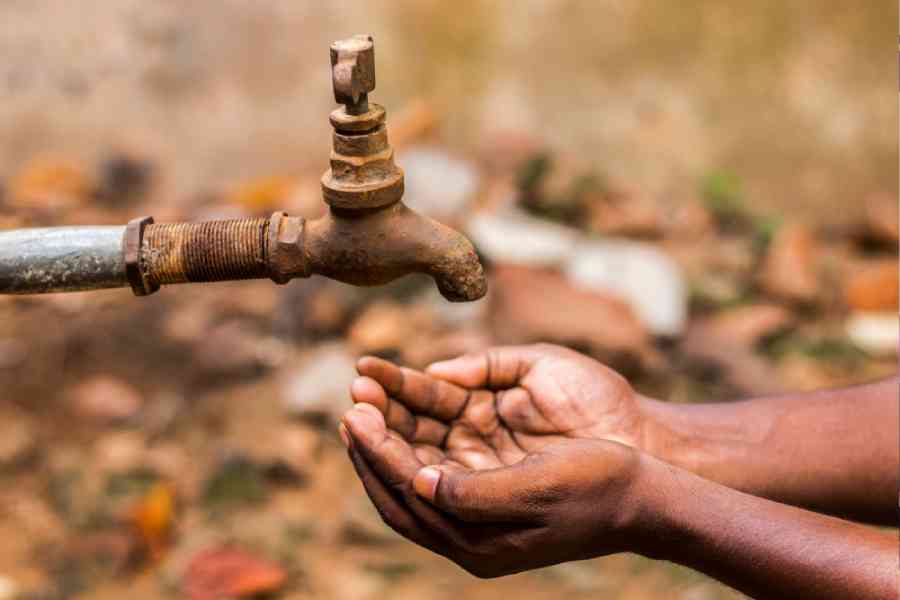Ramon Magsaysay awardee Rajendra Singh, known as Waterman of India, underscored the significance of community participation in water conservation and threw light on the effectiveness of traditional community-driven decentralised water management system.
In his keynote address at IIT (Indian School of Mines-ISM) Dhanbad in Jharkhand as part of a lecture series hosted by department of environmental science and engineering under Mission Life on Wednesday evening, the well-known water conservationist stressed the point that apart from government, community and society will have to come forward to ensure water conservation.
“Traditional Indian way of living had an inbuilt system where the community used to ensure effective management of water but as the modern era of development began, there was focus on extraction of resources without concentrating on rejuvenation or replenishment of the same leading to the generation of problems, like flood, drought etc,” said Singh who was also awarded Stockholm Water Award (known as Nobel prize for water) in 2015.
The activist, who is based in Rajasthan's Alwar, narrated the initial phase of his transformation from a government servant to an environmentalist after leaving his job as an ayurveda doctor and later working incessantly for the conservation of rivers with the help of common people.
Elaborating on the advantages of a community-driven decentralised water management system, he cited the example of Jaisalmer from where a lot of trade used to take place in the Middle East more than 700 years ago.
“During that period there was a community-driven system where the common people were informed on a regular basis about the availability of water in their area and that was the reason for the lack of water crisis in those days,” he added.
Singh, however, rues that in the present time, despite making all the progress, people are not aware of the stock of water in their respective areas.
He further stressed the need for the conservation of rivers and said that making large dams over the rivers is not going to serve a purpose, instead that small but multiple dams are required in order to conserve water.
“This is the time to nourish water and our technocrats should come forward with innovative ways of nourishing, rejuvenating and replenishing our earth in order to ensure their sustainability,” said Singh.











